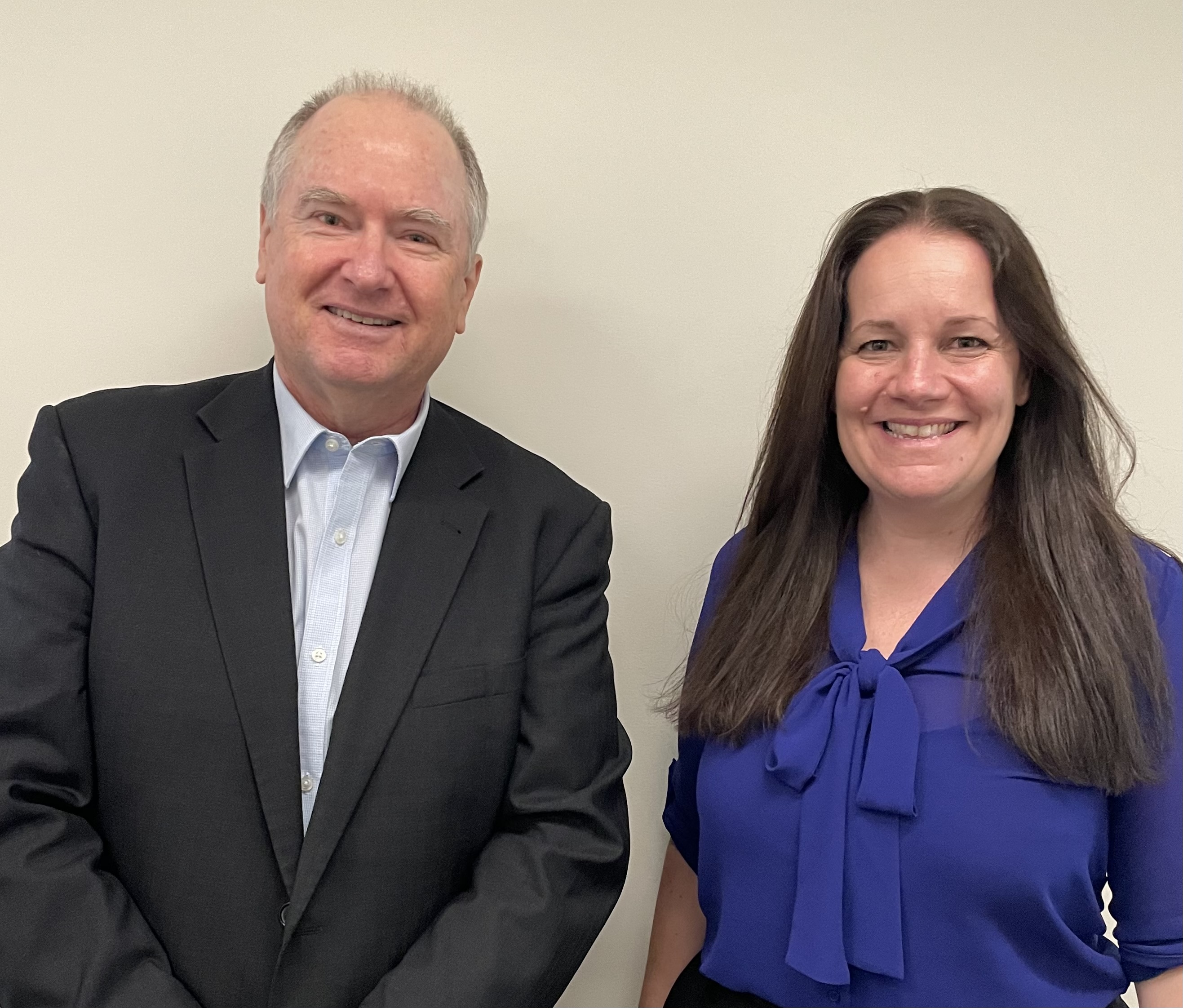Latest News
Read more news
-
 International Women's Day Spotlight - Suzie Clews 14 March 2023 Today's International Women's Day Spotlight is Suzie Clews, PathWest Aboriginal Workforce Consultant. In a world that is constantly changing, how have the roles and contributions of women in science or your profession or discipline evolved over the past few years? We are seeing more and more women in all different type of roles across health and science, from entry levels to Senior roles in Clinical and Non-Clinical roles, Laboratories, Research and Corporate roles – it is a great achievement by all. Has there been a shift in career paths women choose today compared to the past few decades? Absolutely and it’s wonderful to see. What networks have you found helpful for building a supportive community of women in your profession or discipline? Personal and professional networks and relationships have helped guide me in my career. What advice would you give someone who is...
International Women's Day Spotlight - Suzie Clews 14 March 2023 Today's International Women's Day Spotlight is Suzie Clews, PathWest Aboriginal Workforce Consultant. In a world that is constantly changing, how have the roles and contributions of women in science or your profession or discipline evolved over the past few years? We are seeing more and more women in all different type of roles across health and science, from entry levels to Senior roles in Clinical and Non-Clinical roles, Laboratories, Research and Corporate roles – it is a great achievement by all. Has there been a shift in career paths women choose today compared to the past few decades? Absolutely and it’s wonderful to see. What networks have you found helpful for building a supportive community of women in your profession or discipline? Personal and professional networks and relationships have helped guide me in my career. What advice would you give someone who is... -
 Congratulations to our Employee of the Season Bunuru 2023 10 March 2023 Congratulations to Medical Scientist in Charge, Bridget de Bijl from Regional Services for being awarded the Employee of the Season Bunuru (February - March). Bridget has been with PathWest for 20 years carrying out multiple responsibilities. During the Laboratory Information System (LIS) rollout in the regions, she went above and beyond her normal duties, worked long hours and helped staff in every way she can with a smile. One staff member said: ‘Bridget makes you feel like it is never an inconvenience to help. She makes staff feel respected and valued. She has an amazing knowledge and will always get you an answer to the issue you are seeking help with.’ Bridget embodies the PathWest values in every way. She shows accountability and follows up on anything she doesn’t have answers to straight away. She continues to develop her skills and find innovative solutions with...
Congratulations to our Employee of the Season Bunuru 2023 10 March 2023 Congratulations to Medical Scientist in Charge, Bridget de Bijl from Regional Services for being awarded the Employee of the Season Bunuru (February - March). Bridget has been with PathWest for 20 years carrying out multiple responsibilities. During the Laboratory Information System (LIS) rollout in the regions, she went above and beyond her normal duties, worked long hours and helped staff in every way she can with a smile. One staff member said: ‘Bridget makes you feel like it is never an inconvenience to help. She makes staff feel respected and valued. She has an amazing knowledge and will always get you an answer to the issue you are seeking help with.’ Bridget embodies the PathWest values in every way. She shows accountability and follows up on anything she doesn’t have answers to straight away. She continues to develop her skills and find innovative solutions with... -
 Happy International Women's Day 08 March 2023 Happy International Women's Day from all of us at PathWest. Today we celebrate and recognise the contributions made by women working in healthcare and around the world. Throughout the month of March, we will be posting a series of content featuring women across PathWest from different disciplines and professions. Follow our PathWest LinkedIn and Facebook pages to stay up to date with our latest International Women's Day content.
Happy International Women's Day 08 March 2023 Happy International Women's Day from all of us at PathWest. Today we celebrate and recognise the contributions made by women working in healthcare and around the world. Throughout the month of March, we will be posting a series of content featuring women across PathWest from different disciplines and professions. Follow our PathWest LinkedIn and Facebook pages to stay up to date with our latest International Women's Day content. -
.png) Murdoch Public PCR Testing Clinic is closing 1PM Friday 3 March 02 March 2023 The Murdoch public COVID testing clinic’s last day is Friday 3 March, closing at 1pm. PCR testing is available at pathology collection centres with a GP referral. You should still test at home using a RAT if you feel unwell. Free RATs are available through the WA Free RAT program: http://bit.ly/3ZyqaMA No changes have been made to PCR testing without a referral in regional sites.See where you can get tested for COVID-19 in regional WA. Read the full media statementhere.
Murdoch Public PCR Testing Clinic is closing 1PM Friday 3 March 02 March 2023 The Murdoch public COVID testing clinic’s last day is Friday 3 March, closing at 1pm. PCR testing is available at pathology collection centres with a GP referral. You should still test at home using a RAT if you feel unwell. Free RATs are available through the WA Free RAT program: http://bit.ly/3ZyqaMA No changes have been made to PCR testing without a referral in regional sites.See where you can get tested for COVID-19 in regional WA. Read the full media statementhere. -
.png) Labour Day 2023 Public Holiday Notice 27 February 2023 PathWest collection centres will be closed on Monday 6 March for the Labour Day public holiday. Our regular opening hours resume on Tuesday 7 March.
Labour Day 2023 Public Holiday Notice 27 February 2023 PathWest collection centres will be closed on Monday 6 March for the Labour Day public holiday. Our regular opening hours resume on Tuesday 7 March.
Last Updated:
20/05/2025






